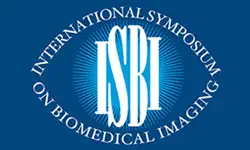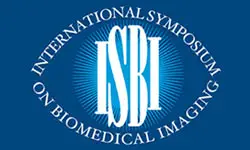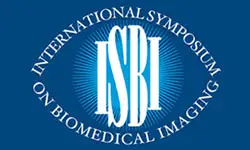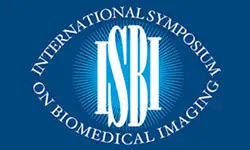Nonlinear Equivariant Imaging: Learning Multi-Parametric Tissue Mapping without Ground Truth for Compressive Quantitative MRI
Ketan Fatania
-
Members: FreeSPS
IEEE Members: $11.00
Non-members: $15.00Length: 00:02:12
21 Apr 2023
Current state-of-the-art for reconstructing quantitative tissue maps from fast, compressed-sampled Magnetic Resonance Fingerprinting (MRF) scans use supervised deep learning with the drawback of requiring high-fidelity ground truth tissue map training data that is limited. This paper proposes Nonlinear Equivariant Imaging (NLEI), a self-supervised learning approach to eliminate the need for ground truth training for deep MRF image reconstruction. NLEI extends the recent Equivariant Imaging framework to nonlinear inverse problems such as MRF. Only fast, compressed-sampled MRF scans are used for training. NLEI learns tissue mapping using spatiotemporal priors: spatial priors are obtained from the invariance of the MRF data to a group of geometric image transformations. Temporal priors are obtained from nonlinear Bloch response model approximated by a pre-trained neural network. Tested retrospectively on two acquisition settings, we observe that NLEI (self-supervised learning) approached closely the performance of supervised learning, despite not using ground truth for training.



